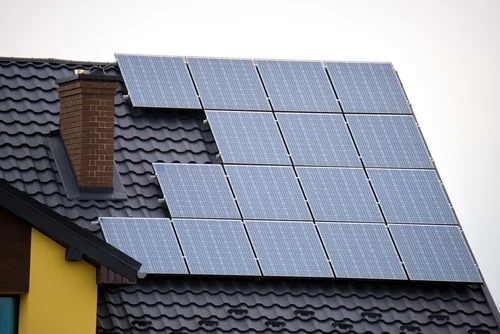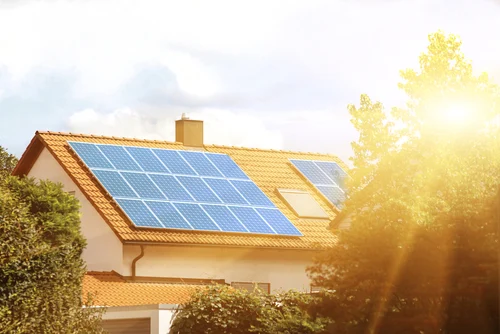
Solar energy has gained significant popularity in recent years as a clean and renewable source of power. As a business considering the installation of solar panels, it is important to understand the longevity and lifespan of these solar systems. In this blog post, we will delve into the factors that affect the lifespan of solar panels and discuss the average lifespan and measures you can take to maximize their longevity.
Factors Influencing Solar Panel Lifespan
Several factors can impact the durability and lifespan of solar panels. Understanding these factors can help you make informed decisions when investing in solar energy for your business.
1. Manufacturer Quality: The quality of the solar panels plays a significant role in their lifespan. Panels manufactured by reputable companies with a track record of producing high-quality products tend to have longer lifespans.
2. Materials and Construction: The materials used in the construction of solar panels can affect their longevity. Panels made with high-quality materials, including anti-reflective glass and durable frames, are more likely to withstand harsh weather conditions and maintain efficiency over time.
3. Installation: Proper installation is crucial for the longevity of solar panels. Poorly installed panels can experience premature wear and tear or reduced efficiency due to incorrect mounting, inadequate wiring, or improper sealing.
4. Maintenance: Regular maintenance and cleaning are essential to maximize the lifespan of solar panels. Dust, dirt, and debris accumulation can hinder performance and reduce efficiency. Periodic inspections by professionals can help identify any issues and ensure timely repairs or replacements.
Average Lifespan of Solar Panels
On average, solar panels have a lifespan of 25 to 30 years. This does not mean that they stop functioning completely after this period, but their efficiency gradually declines. Most solar panel manufacturers offer warranties that guarantee a minimum level of performance over a specified period, usually around 25 years. This warranty can give you peace of mind regarding the expected lifespan of your investment.
Factors such as the quality of materials, installation, and maintenance can influence the actual lifespan of solar panels. By ensuring proper installation and regular maintenance, you can potentially extend the lifespan of your solar panels beyond the average range.
Maximizing Solar Panel Longevity
While solar panels are designed to withstand various weather conditions and require minimal maintenance, there are measures you can take to maximize their longevity:
1. Regular Cleaning: Clean your solar panels periodically to remove dirt, leaves, and debris. This can be done with a gentle spray of water or a soft brush. Avoid using abrasive materials or harsh chemicals that can damage the panels.
2. Professional Inspections: Schedule routine inspections by professionals to identify any potential issues or damages early on. These professionals can check for loose connections, signs of wear, or any other potential problems that may impact the longevity of your solar panels.
3. Monitoring Performance: Utilize monitoring systems that track the performance of your solar panels. By monitoring their output regularly, you can identify any significant drops in efficiency or performance, indicating potential issues that require attention.
4. Timely Maintenance and Repairs: Address any maintenance or repair needs promptly. Prompt action can prevent minor issues from escalating and causing further damage. Have a professional technician handle any repairs or replacements to ensure they are done correctly.
Summary
Solar panels are an excellent long-term investment for businesses looking to harness clean and renewable energy. Understanding the factors that influence the lifespan of solar panels and taking proactive measures to maximize longevity can ensure that your solar system continues to provide cost savings and environmental benefits for many years. By investing in high-quality panels, ensuring proper installation, performing regular maintenance, and monitoring performance, you can unlock the full potential and longevity of your solar panels, contributing to a greener future for your business.
Need a Solar Professional in Dallas, TX?
Solar Buffs is your trusted partner for sustainable energy solutions. Specializing in residential solar installations, our expertise extends to cutting-edge solar panels and inverters. Beyond solar, we offer a range of services, including battery backups, navigating solar and tax incentives, and general contracting for patios, concrete work, and interior/exterior remodeling. Our roofing services cover installation, tear-down, and insurance collaboration. With a commitment to excellence, Solar Buffs ensures your journey towards renewable energy is seamless and rewarding. Experience the power of solar with a team dedicated to innovation and customer satisfaction. Go green with Solar Buffs today!

